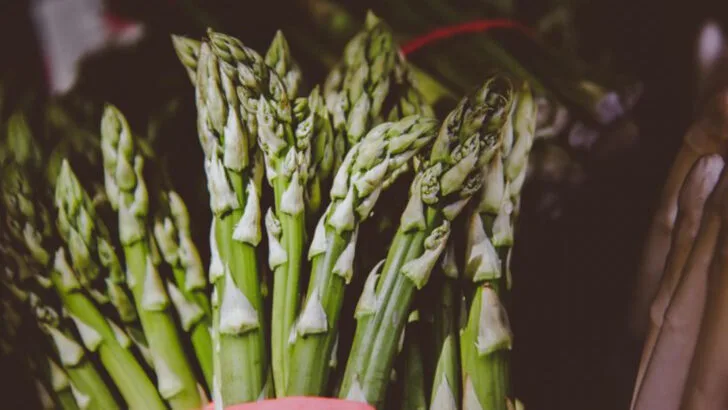Some vegetables are tricky, they bruise easily, spoil fast, or seem to wilt the second you turn your back. No matter how carefully you store them, they just don’t hold up for long. And if you’ve ever opened the fridge to find slimy greens or a collapsed pepper, you know the frustration.
On the flip side, there are vegetables that can sit quietly for weeks or even months—without losing their edge. They’re the ones that work hard in the background, ready when you need them. If you’re looking to stock a pantry or grow a garden with longevity in mind, it helps to know which crops go the distance and which ones just don’t keep well.
Leafy Greens
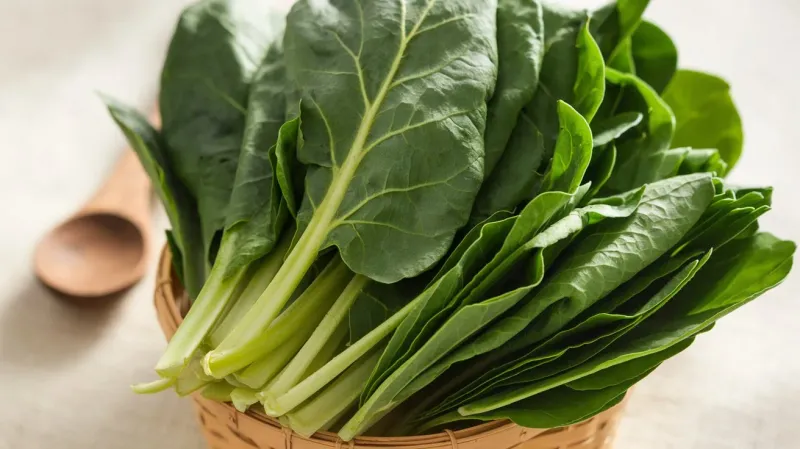
Leafy greens like spinach and lettuce are beloved for their crisp texture and nutritional benefits. However, they pose a challenge when it comes to storage.
These vegetables are susceptible to wilting and spoilage if not kept in optimal conditions. Storing them requires cool temperatures and minimal moisture.
To extend their freshness, wrap unwashed greens in paper towels and store them in a sealed container. Despite efforts, their shelf life remains short, demanding frequent shopping trips. This delicate nature makes them both a favorite and a challenge in the kitchen.
Cucumbers
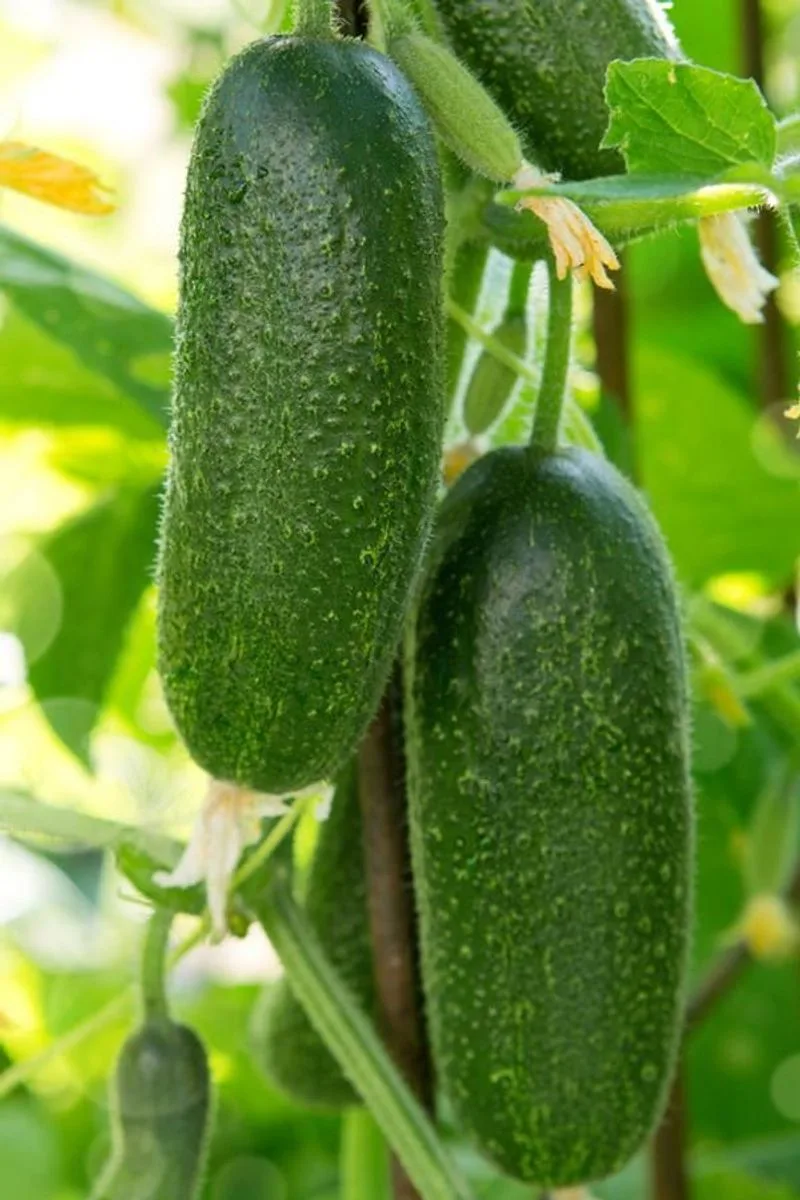
Cucumbers, with their refreshing crunch, are a staple in salads and snacks. Yet, storing them can be tricky as they are prone to becoming slimy and moldy.
They thrive best in a cool, humid environment, away from ethylene-producing fruits. Wrapping cucumbers in a paper towel and placing them in a plastic bag can help prolong freshness.
Despite these measures, cucumbers often have a short lifespan in the fridge, making them a perishable delight. Their fragility requires careful handling to enjoy their crispness to the fullest.
Asparagus
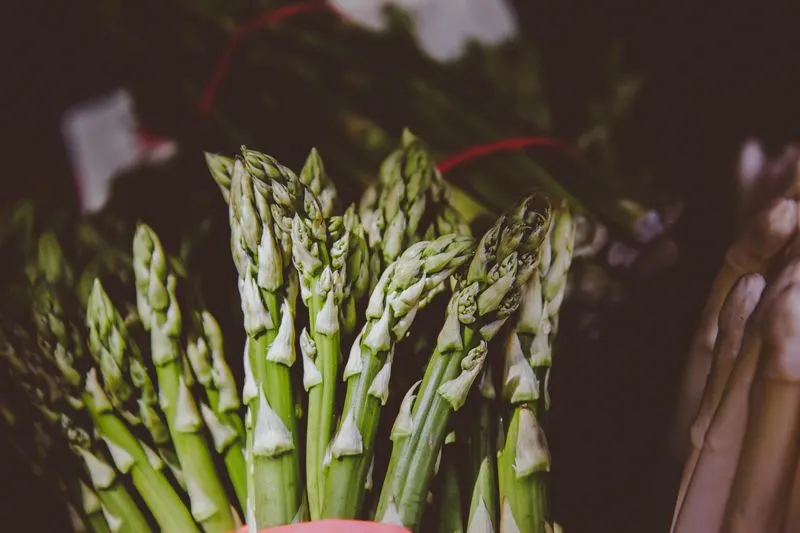
Asparagus is cherished for its tender spears and distinctive flavor. However, its perishability is a concern for many home cooks.
To maintain its freshness, asparagus should be stored like fresh-cut flowers: upright in a glass of water with a plastic bag loosely covering the tops. This method can extend its lifespan by a few days.
Despite these efforts, asparagus remains sensitive to time and temperature, requiring prompt consumption. Its fleeting peak freshness is a reminder of its delicate nature and culinary appeal.
Mushrooms
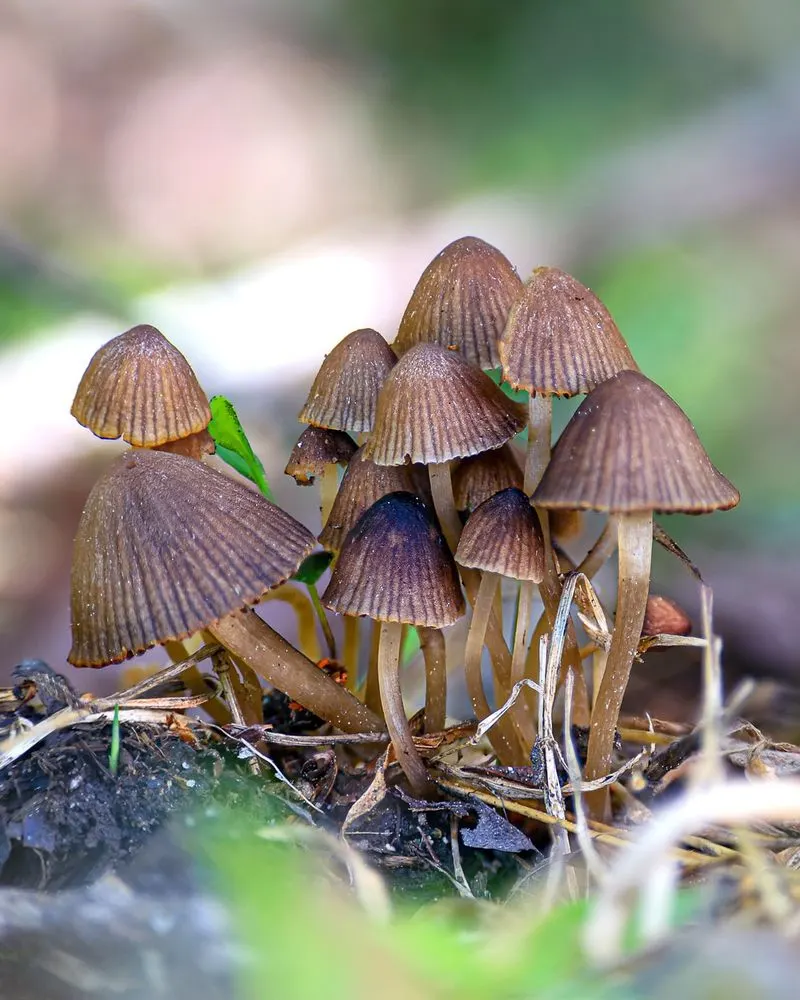
Mushrooms, with their earthy flavor and versatile use, are a beloved ingredient. Yet, they present a storage puzzle, often getting slimy quickly.
Storing mushrooms in a paper bag in the refrigerator helps absorb moisture, keeping them fresh longer. Avoid washing them before storage; instead, clean them just before use.
The delicate balance required to maintain their texture and taste makes mushrooms both a treasured and challenging kitchen inhabitant. Their unique needs highlight their exquisite yet perishable nature.
Basil
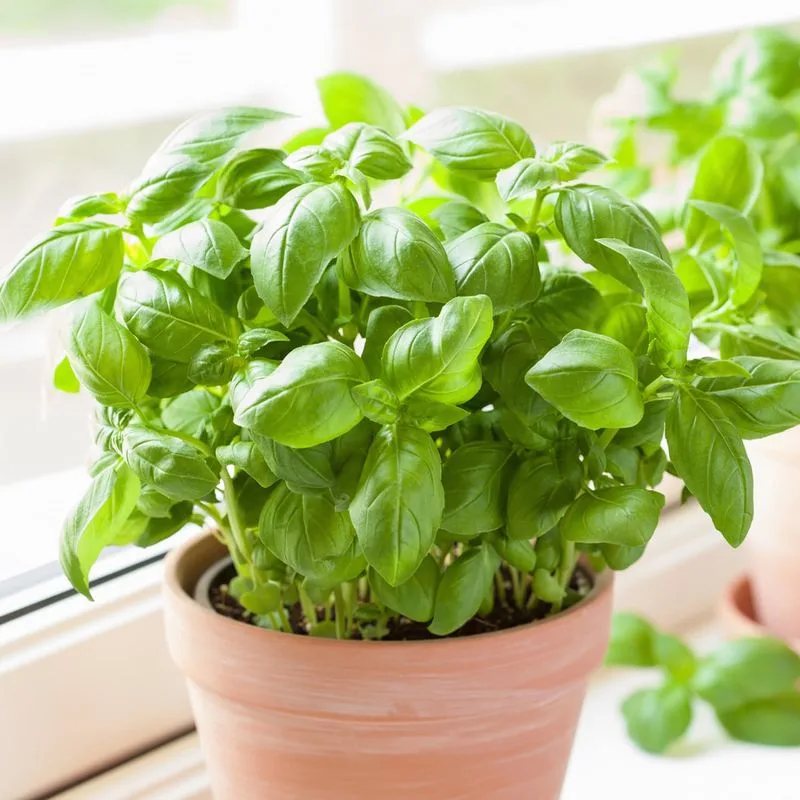
Basil, with its aromatic leaves, is a favorite among chefs and home cooks. However, its storage is notoriously difficult.
Basil leaves wilt quickly if exposed to cold temperatures, making refrigeration less than ideal. Instead, treat basil like a bouquet: trim the stems and place them in a glass of water at room temperature.
This method can prolong its life, but basil remains sensitive and fleeting. Its ephemeral freshness requires timely use, capturing its vibrant essence. Such challenges underscore basil’s allure and culinary importance.
Potatoes
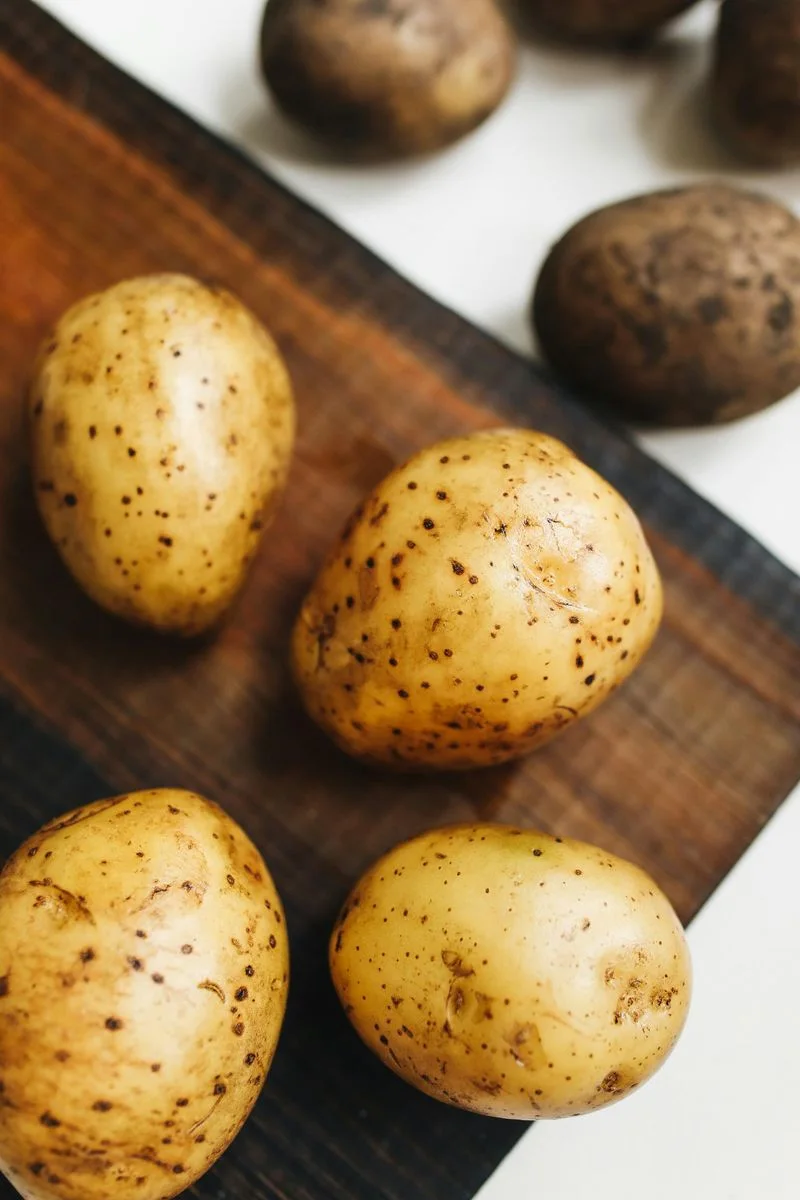
Potatoes are a kitchen staple, revered for their versatility and long shelf life. When stored properly, they can last for months without losing their quality.
Keep potatoes in a cool, dark, and well-ventilated place, away from onions to prevent sprouting. Their hardy nature allows them to withstand long storage periods.
Despite their resilience, potatoes must be checked regularly for signs of spoilage. Their ability to endure makes them an essential component of any pantry, ready to transform into hearty meals at any time.
Carrots
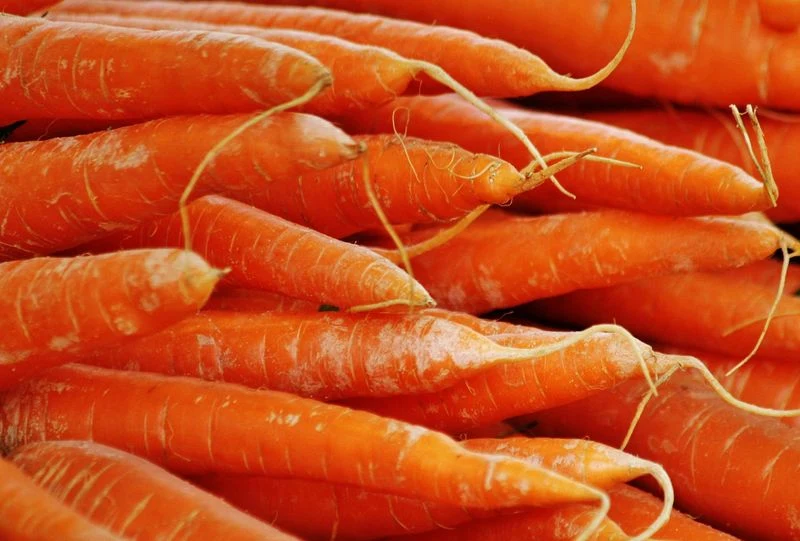
Carrots, with their vibrant color and crunchy texture, can be stored for a long time, retaining their taste and nutritional value.
To maximize their longevity, remove the green tops and store carrots in a refrigerator, either in a plastic bag or submerged in water.
Their robust nature allows them to be a staple in the kitchen, offering reliability in meal planning. Carrots’ enduring freshness and sweet flavor make them a cherished vegetable that stands the test of time.
Onions
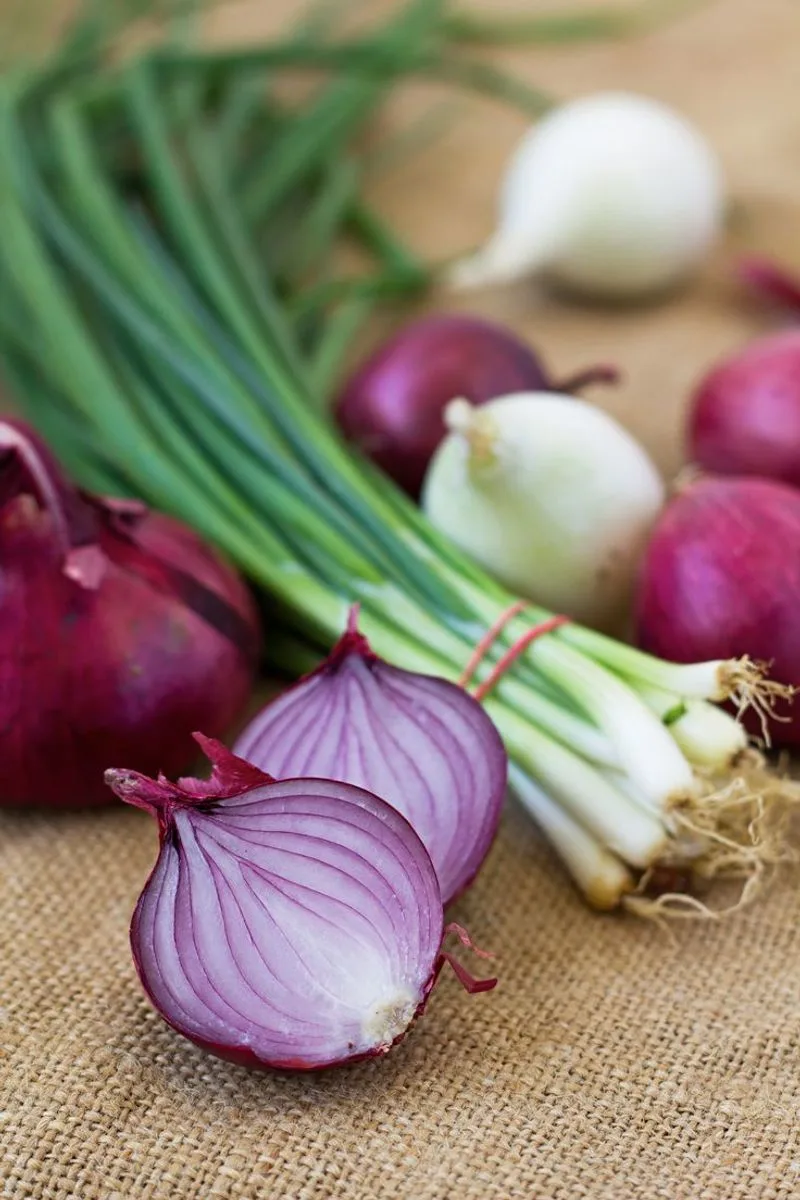
Onions, essential for their pungent flavor, have a remarkable storage life, lasting for months under proper conditions.
Store onions in a cool, dry place with good ventilation, away from potatoes to prevent spoilage. This setup allows onions to maintain their integrity and flavor.
Their resilience makes them a cornerstone in the culinary world, providing a robust base for countless dishes. Onions’ ability to endure and enhance flavors ensures their place in the heart of many kitchens.
Garlic
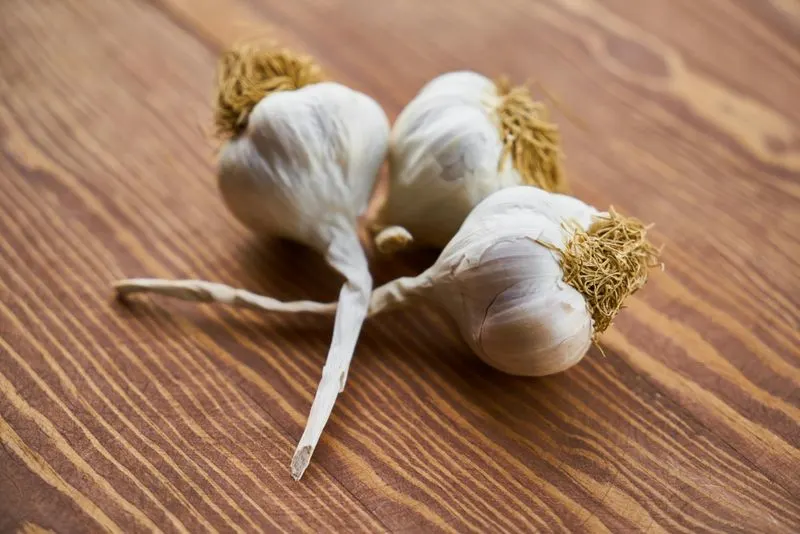
Garlic, prized for its robust flavor and health benefits, stores exceptionally well compared to other fresh vegetables.
Hang garlic bulbs in a cool, dry place with good airflow to preserve their freshness for several months. Their strong aroma and taste remain intact, enhancing various dishes.
Garlic’s long shelf life and culinary versatility make it a staple in many kitchens. Its enduring nature symbolizes its importance in cooking, offering depth and richness to countless recipes.
Squash
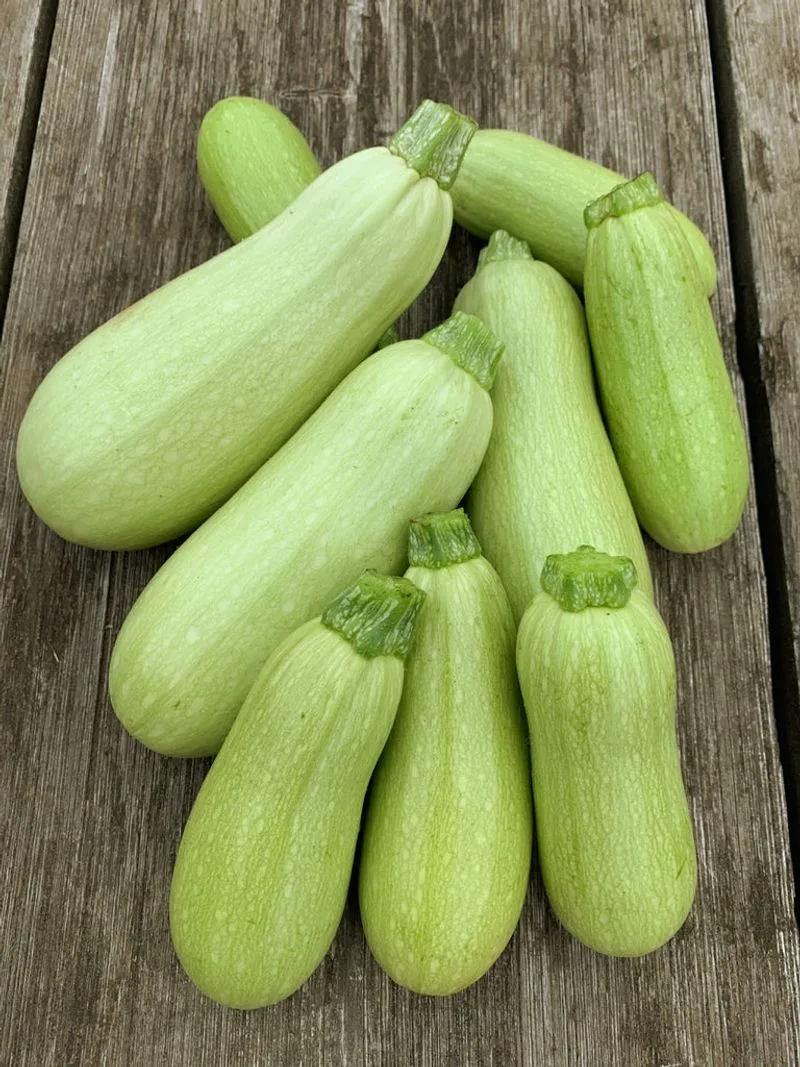
Squash varieties, including butternut and acorn, are celebrated for their rich flavors and excellent storage capabilities.
Store them in a cool, dry place with good circulation, allowing them to last for several months. Their hard shells protect them from spoilage, making squash a reliable pantry item.
These versatile vegetables provide warmth and comfort in countless recipes, from soups to pies. Their ability to endure through seasons highlights their culinary value and adaptability.
Sweet Potatoes
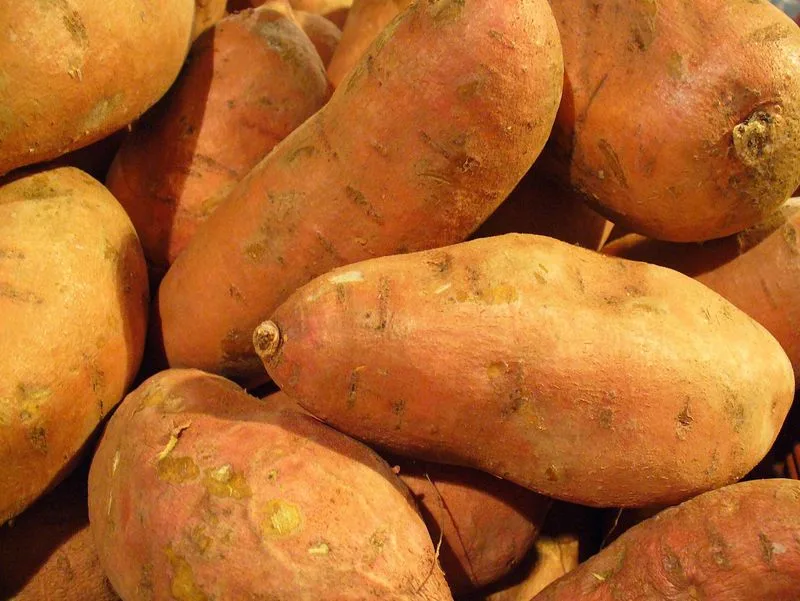
Sweet potatoes, with their rich sweetness and nutritional benefits, can be stored for months.
Keep them in a cool, dark place, ensuring they remain dry and well-ventilated. This helps maintain their quality and flavor over time.
Their long-lasting nature makes them an invaluable part of any kitchen, offering versatility in various dishes. Sweet potatoes’ ability to last and nourish reflects their cherished status in culinary traditions worldwide.
Cabbage
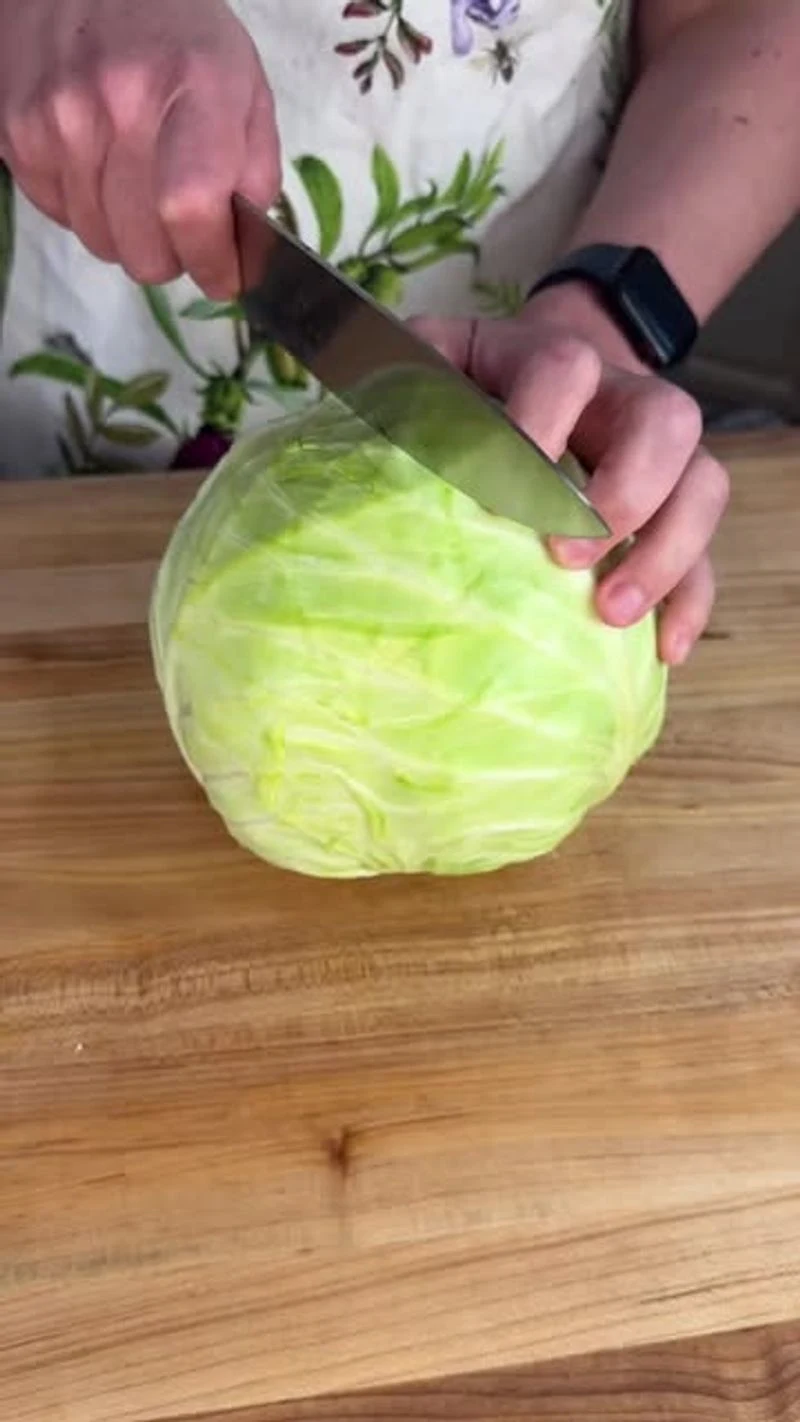
Cabbage, revered for its crunchy texture and versatility, can be stored for an extended period.
Place cabbage in the refrigerator, wrapped in plastic, to prolong its freshness and reduce moisture loss. Its durable leaves withstand time, providing a reliable ingredient for numerous recipes.
Cabbage’s enduring quality and robust nature ensure its place in many kitchens, offering both nutrition and flavor. Its ability to remain fresh for months highlights its importance in a well-stocked pantry.
Beets
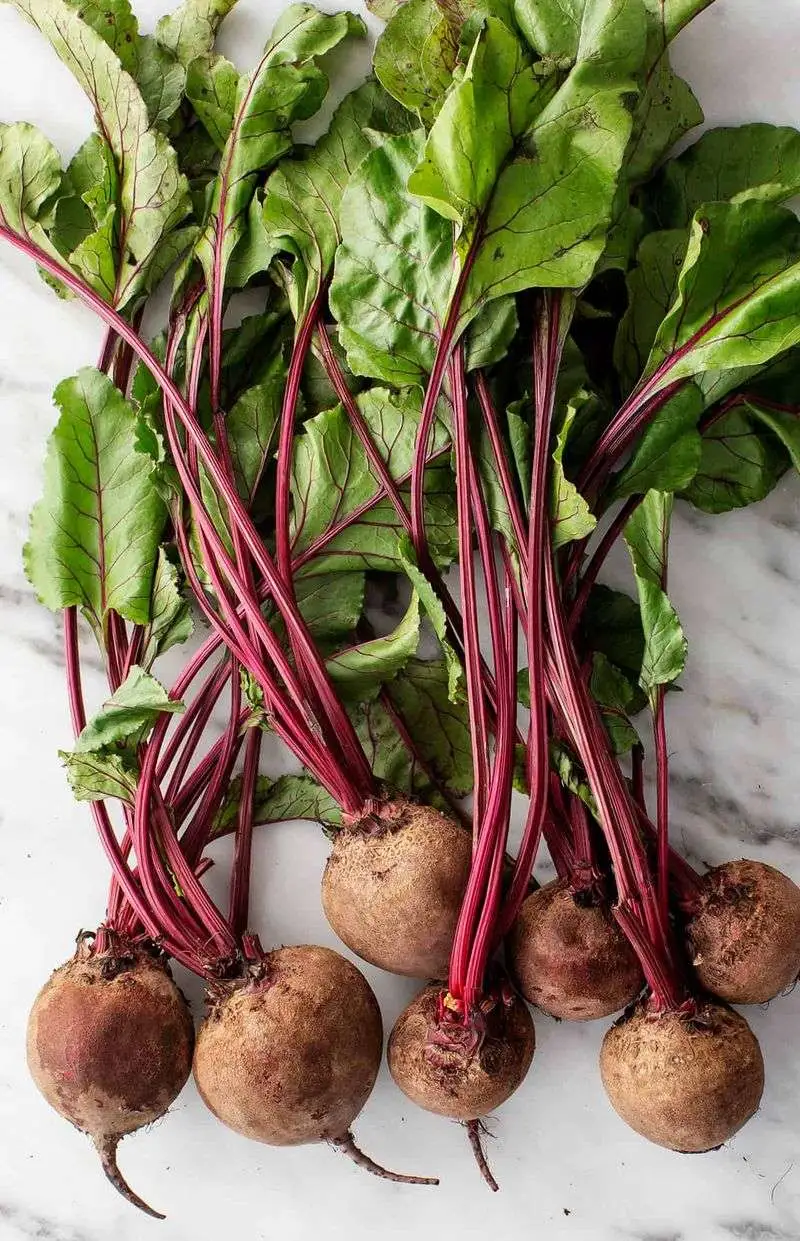
Beets, with their earthy flavor and vibrant color, store remarkably well.
To maximize their shelf life, trim the green tops and store the roots in a cool, dark place. Alternatively, refrigerate them in a sealed bag to maintain freshness.
Their hardy nature allows beets to be a stable component in various culinary creations, offering both taste and nutrition. Beets’ ability to last makes them a valuable addition to any kitchen, ready to enrich dishes with their unique flavor.
Parsnips
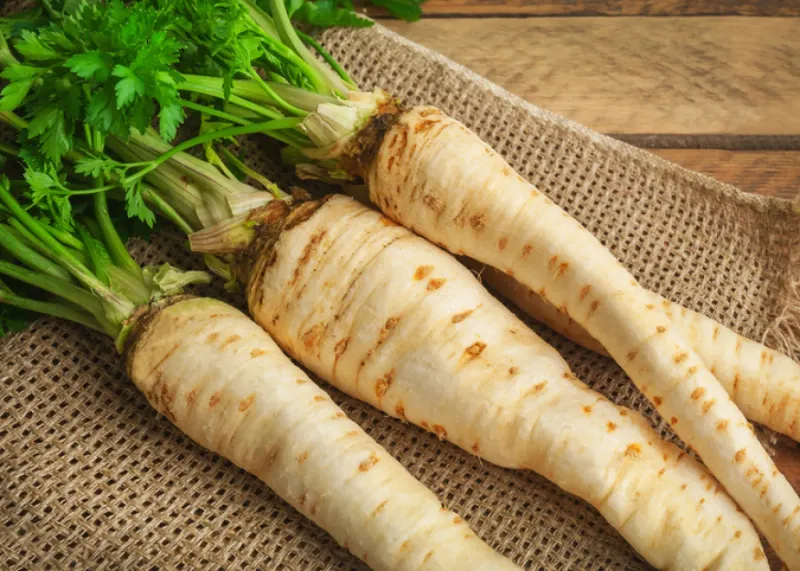
Parsnips, with their sweet, nutty flavor, are a winter staple that stores well over time.
Keep them in a cool, dark place, or refrigerate to extend their lifespan. Their robust nature allows parsnips to retain their distinctive taste and texture for months.
This enduring quality makes them a beloved ingredient in hearty winter dishes, providing warmth and nourishment. Parsnips’ ability to last through the season highlights their culinary versatility and appeal.
Turnips
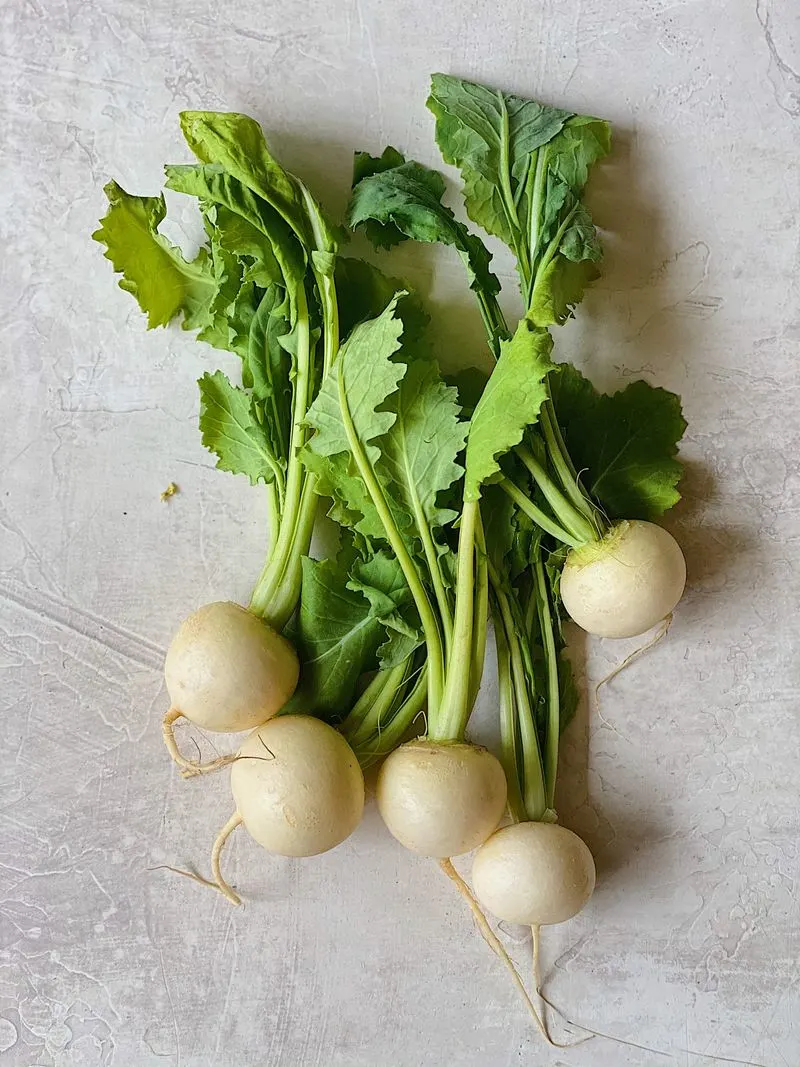
Turnips, with their versatile taste, store effectively, making them a reliable pantry staple.
Store them in a cool, dark place or refrigerate to maintain their freshness and flavor. Their sturdy nature allows turnips to endure for months, providing a consistent ingredient in various dishes.
Turnips’ ability to store well and adapt to different recipes makes them a valuable addition to any kitchen. Their longevity and culinary potential ensure they remain a favored choice for cooks seeking enduring ingredients.
Rutabagas
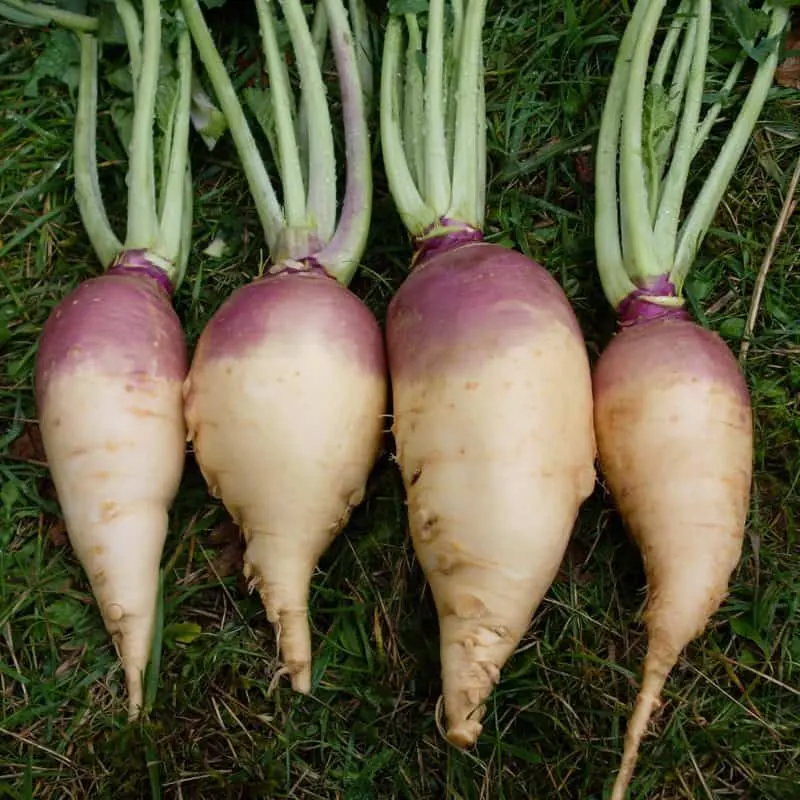
Rutabagas, a cross between cabbage and turnips, are known for their long storage life and unique taste.
Keep them in a cool, dark place, as their hardy nature allows them to maintain quality for months. Rutabagas offer a sweet, earthy flavor that complements many winter dishes.
Their resilience makes them a dependable option in the kitchen, providing both taste and nourishment. Rutabagas’ ability to last and enhance meals emphasizes their importance in culinary settings.
Radishes
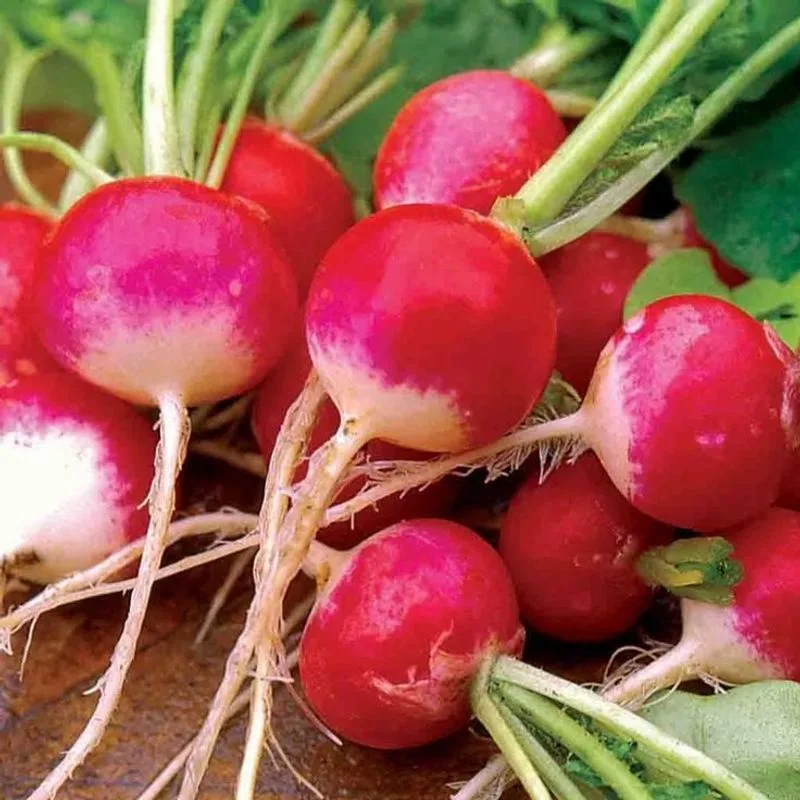
Radishes, known for their peppery bite, can last for weeks when stored correctly.
Trim the green tops and place radishes in a sealed plastic bag in the refrigerator. This method helps preserve their crispness and flavor.
Their ability to remain fresh makes radishes a versatile ingredient in salads and snacks. Radishes’ enduring quality ensures they provide a burst of flavor whenever needed, making them a favorite among fresh produce enthusiasts.
Pumpkins
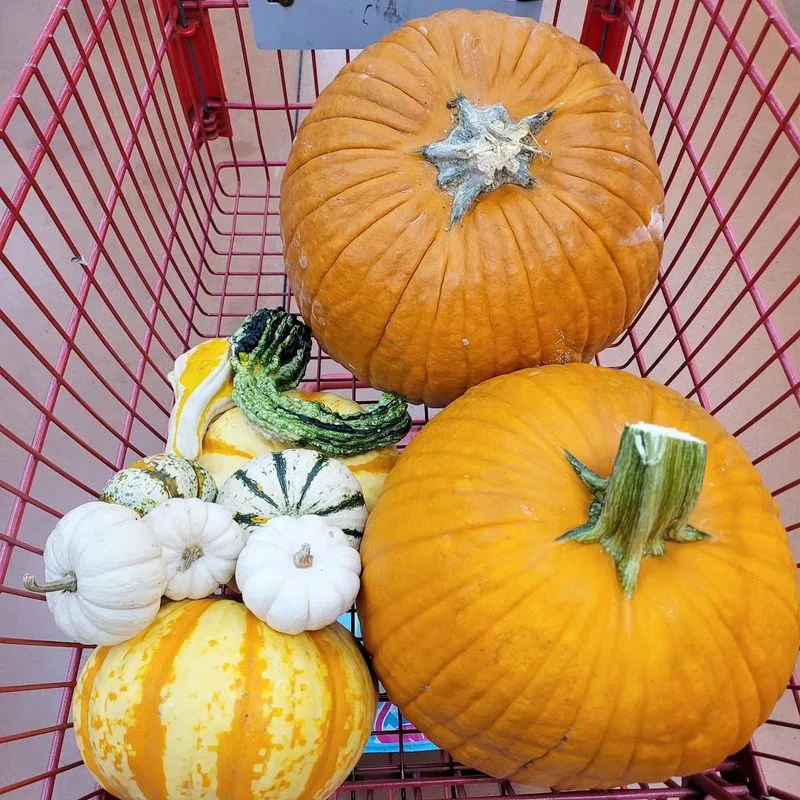
Pumpkins, synonymous with autumn, are celebrated for their excellent storage capabilities.
Place them in a cool, dry environment with good air circulation to keep them fresh for months. Their hard shells protect them from spoilage, ensuring they last through the season.
Pumpkins’ ability to store well makes them a cherished addition in kitchens, ready to transform into pies, soups, and more. Their longevity and versatility highlight their culinary value beyond seasonal celebrations.
Celery
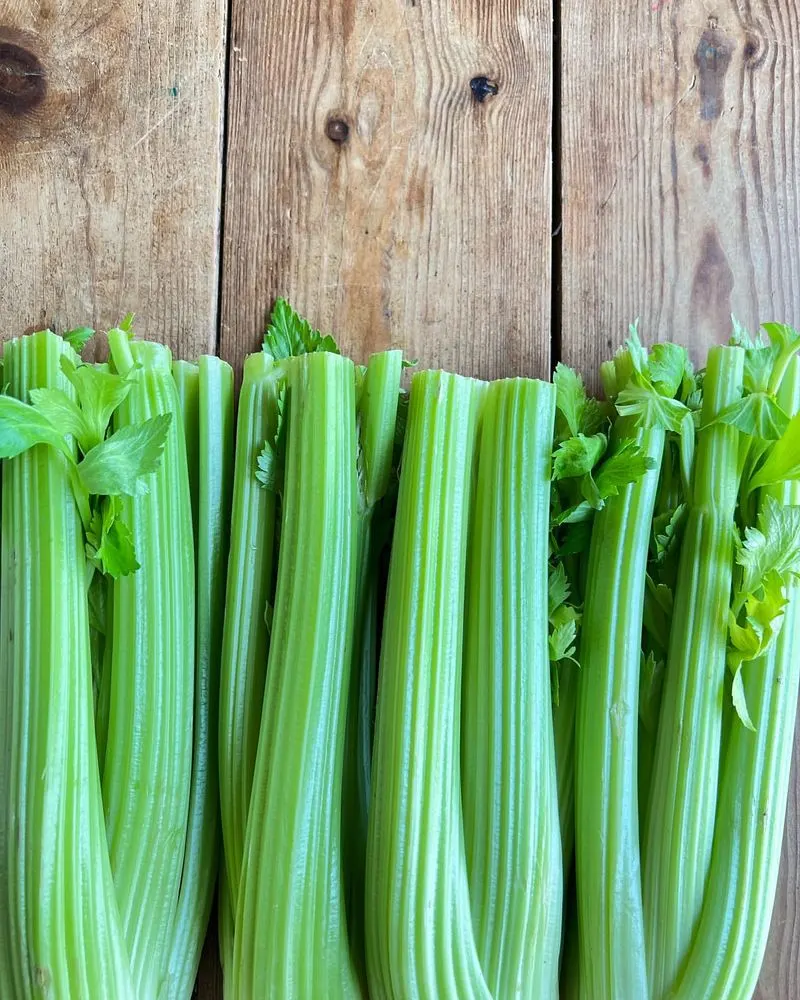
Celery, with its crisp texture and fresh taste, can be stored effectively to last for weeks.
Keep celery in the refrigerator, submerged in water or wrapped in aluminum foil, to extend its freshness. This method helps maintain its crunch and flavor.
Celery’s ability to retain quality despite time makes it a reliable ingredient in salads and soups. Its freshness and versatility ensure it holds a significant place in culinary preparations, offering both taste and texture.
Brussels Sprouts
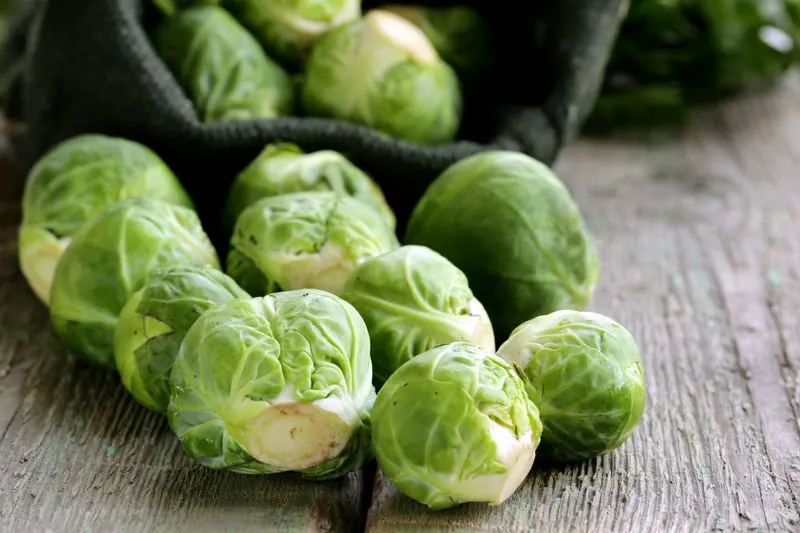
Brussels sprouts, with their nutty flavor, can be stored for weeks, offering both taste and nutrition.
Keep them on the stalk, if possible, in a cool place or refrigerate them in a sealed bag. This approach helps prolong their freshness and maintain their unique flavor.
Their ability to endure makes Brussels sprouts a favorite in many kitchens, providing hearty meals during colder months. Their long-lasting nature and distinct taste ensure they remain a cherished choice for vegetable enthusiasts.

